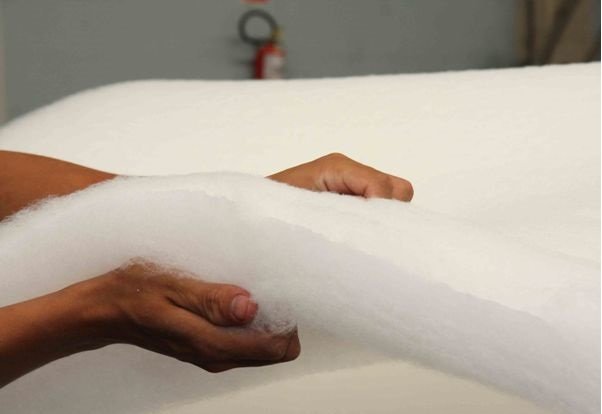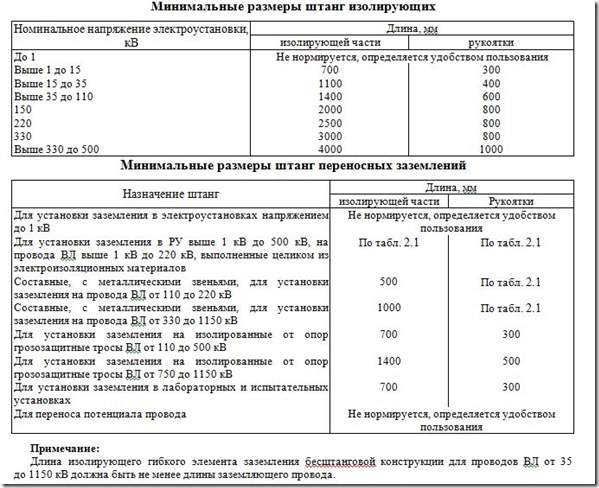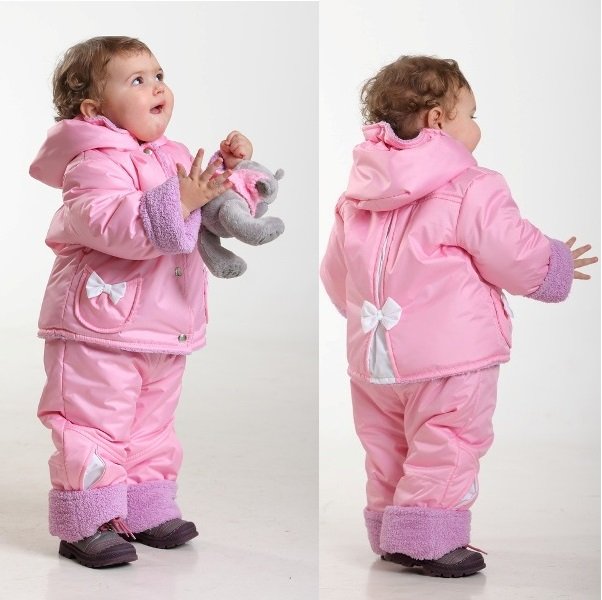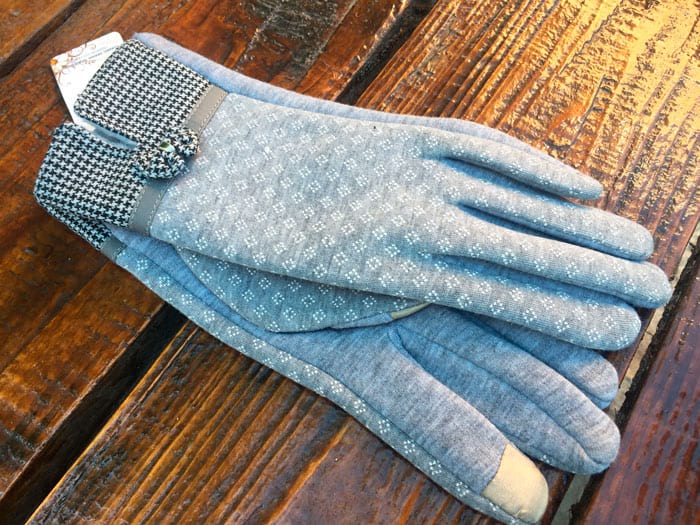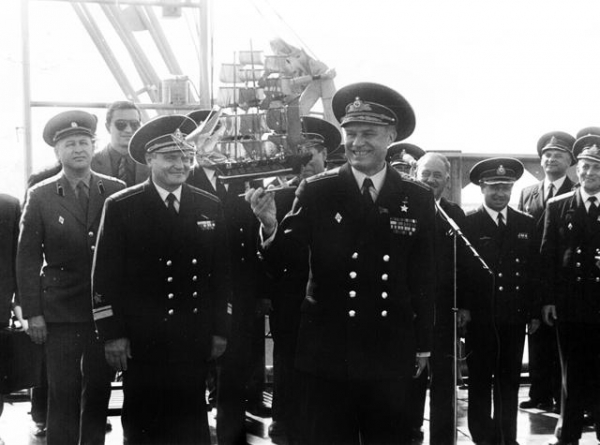New full equipment of special forces of the Russian Federation. Comparison of the equipment of the special forces of Russia and the United States
“A soldier does not need extra property!” - these words of a famous song can be the motto of those specialists who are developing a set of equipment worn by military personnel in combat conditions or during exercises imitating such.
But with all the minimization of the soldier's needs, the warrior must have everything necessary to complete the task. This is especially true of the issue of equipping the fighters of those units that are commonly called special. Sometimes too much depends on their actions.
It turns out that not so little special forces need. And the farther, the more things are needed in battle.
All these items, each of which can be used at the most critical moment of the battle, are generally called equipment.
Concentrated Experience
It could be assumed that the very first item on the list of things needed in battle is assigned to weapons. This, of course, is true, but machine guns, machine guns, pistols, grenade launchers, flamethrowers and other deadly gizmos are in a completely separate category, and do not belong to equipment.
But uniforms, shoes, hats, backpacks, body armor, flasks and much more can be designated with this word. An ordinary ordinary fighter should be dressed comfortably, according to the time of year and the climatic zone in which the service takes place. But there are also special troops. They will be discussed.
Of course, the special elite units of any army rely on equipment corresponding to the complexity of the tasks performed. Special Forces equipment is the embodied concentrated military experience of mankind, accumulated over many centuries in conjunction with the latest technological advances.
Suvorov outfit
In ancient times, the troops transported everything they needed in wagon trains following the army columns. Foragers, marketers and other heroes of military supplies carried out the difficult mission of obtaining and delivering all that without which the army cannot wage war. Soldiers on the march, as a rule, carried weapons, a certain amount of ammunition and a satchel or bag in which simple military belongings were placed. During the Suvorov campaigns, the Russian army, which was distinguished by its special mobility, took a slightly different approach. A soldier had to have with him everything necessary for survival and even helping a comrade in trouble. The weight came out considerable, but the principle of increased autonomy as a whole justified itself. The equipment of the Russian special forces is formed taking into account the continuity of this tradition.
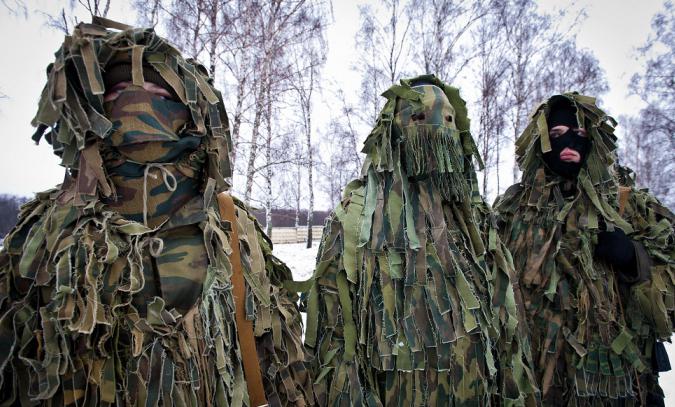
Special forces of the war years
The modern equipment of even the most ordinary soldier is much more functional than the equipment of a warrior of World War II, Korean, Vietnam, Afghan and most other wars of the twentieth century. In the USSR, the issue of military supplies was rather simplistic, believing (and not without reason) that our soldier is already good, and will give odds to anyone else simply due to his endurance, unpretentiousness and readiness for inconvenience. Yes, in the Soviet Army they really did without carbide lamps (which were in the backpack of every German soldier), toilet paper, condoms and many other items unnecessary in battle. The duffel bag contained spare footcloths, a change of linen, some crackers and dry rations (if the suppliers went too far), as well as “letters from the mother and a handful of native land” sung by poets. But even in the difficult war years, the equipment of the special forces took into account the special, complicated combat conditions; both special footwear and lightweight clothing were used in it, in which it is warm in the cold and cool in the heat. After all, a front-line reconnaissance or saboteur most often had a long, full of danger path through enemy rear lines. Every gram counted, every kilocalorie of food counted. And still required invisibility and noiselessness.
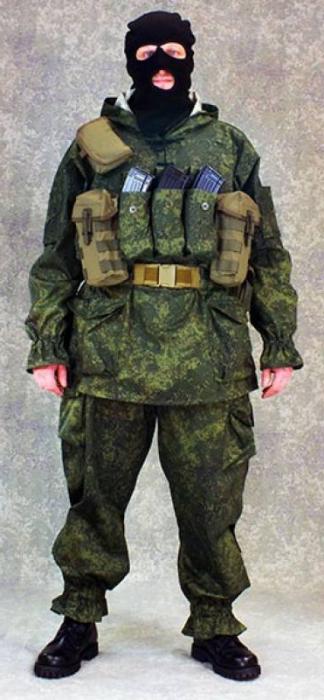
The main requirement for the equipment of a reconnaissance saboteur during the war years was not its convenience, but the ability to disguise a fighter on the ground. The scientific approach to this issue was then only being formed, but certain developments already existed.
Intelligence services of the post-war era
In the post-war years, attention to the issues of ammunition only increased. Ever since the Stalin era, a number of intelligence services have been created in the USSR, each of which had its own departments, independent of each other. Such an organization of information support for the country's leadership, despite departmental disunity, is fully justified. You can compare information obtained from different sources, and draw conclusions about their reliability. Today it is difficult to judge which of the departments was the most effective, but there is no doubt that, along with the all-powerful Committee of State Security, the Main Intelligence Directorate of the Ministry of Defense made a significant contribution to the defense of the Motherland on invisible fronts. Each of these services, modestly called competent, had special units. The requirements for their employees were not just high, they can be called unique. And, of course, the country supplied them with everything necessary to carry out especially important tasks. The equipment of the special forces of the Soviet intelligence services was created in secret institutions, and experienced saboteurs who had gone through more than one war served as consultants.
Glavrazvedupr
An army intelligence officer may work abroad illegally, with or without diplomatic cover. In this case, he walks around in a good civilian suit, speaks the language of the country in which he lives, and without an accent, and tries to be like an ordinary citizen in everything. they even forbade wearing sunglasses, so as not to match the cinematic image of the "red spy" in any way. Another thing is if such an officer performs a special mission during hostilities. The equipment of the GRU special forces, depending on climatic conditions and the nature of the tasks, was completed in different ways. For example, in the tropics, the so-called "net", woven from a special rope, was an indispensable item of clothing. Mosquitoes, mosquitoes and other blood-sucking insects, even piercing clothes with their stingers, could not reach the skin with them, and the air layer contributed to better heat transfer. The shoes were also special, with a heel at the toe, in order to mislead possible pursuers (of course, not very experienced ones) as to the direction of movement. The equipment of the GRU special forces also included a special saboteur jacket, the tailoring of which took into account all ergonomic requirements based on the rich experience of army intelligence.
What else is meant by the word "equipment"?
There is no bad weather, there are inappropriate clothes. This English proverb is quite suitable for the uniform of special forces. Special forces equipment, however, is not only jackets, boots and pants. Conventionally, it is divided into several functional sections, although many of them overlap. So, for example, the "survival knife" can be attributed to weapons, and to means of protection, and to special elements. In addition to clothing, the equipment of the Russian special forces and special units of other countries includes protective equipment, communications, navigation, life support, as well as a first aid kit, satellites and special devices. Some of these equipment groups are worth considering separately.
Vietnamese experience
In Vietnam, the Americans put on Kevlar body armor for the first time. Movies about these tragic sixties, both documentary and fictional, testify to the fact that ordinary GIs wore dirty green cotton uniforms and metal helmets, sometimes covered with cloth or mesh covers so that they did not glare in the sun. American special forces equipment was more complex and perfect. The uniform had a spotted bulletproof vest protected from fire weapons, the "green berets" had individual means of communication (ISS), which helped to better coordinate the actions of the units.
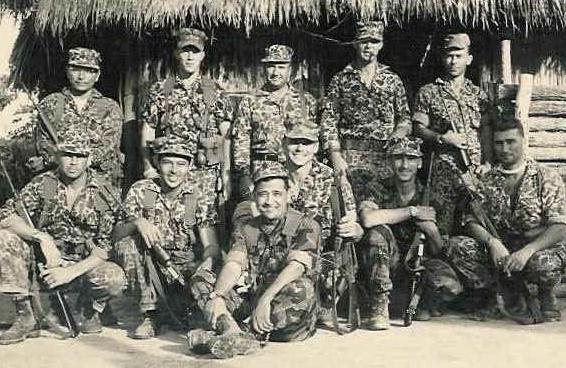
Helmet
The helmet, which everyone has become accustomed to since the First World War, was originally designed to protect the soldier’s head from saber strikes and stone fragments, and not at all from bullets or shrapnel. The very first attempt to give it the ability to withstand the effects of small arms is associated with the world-famous "horns" of the German helmet. German inventors planned to mount additional armor plates on them. The bullet did not really take the helmet, but they could not withstand the blow, and the soldier still died. Modern special forces equipment includes a helmet, usually made of heavy-duty polymer, which is much lighter and more comfortable than metal. Experts consider the American Op Score helmet to be the most perfect product at present, taking into account the possibility of wearing (also an indispensable attribute at present) and walkie-talkie headphones along with a microphone. This helmet has mounts for infrared night vision and other gadgets. Her replicas are known (for example, the Russian "Armakom").
Shoes
The equipment of the Russian special forces during the Afghan war left much to be desired. Comfortable trousers and jackets were a good solution in southern climatic conditions, but shoes (boots or heavy berets) in the mountains turned out to be of little use, and special forces soldiers were more willing to put on ordinary sports shoes, sneakers and sneakers for combat missions. Unfortunately, it was not possible to fully solve the boots even today, although there are already good models, light and durable (for example, the special footwear of the Russian manufacturer, the Faraday company, is very good).
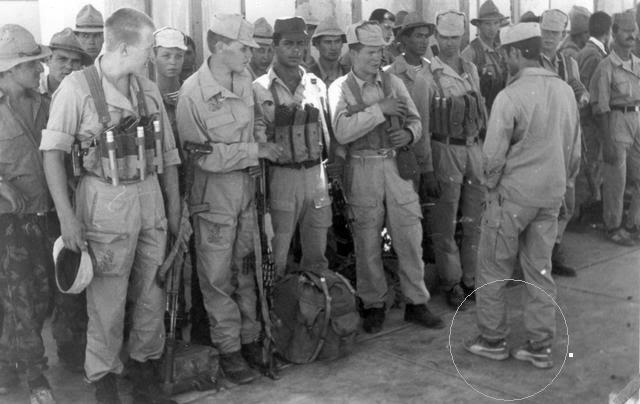
American "A-C-Y"
The equipment of the Russian special forces has become more perfect in recent years, but so far it does not fully satisfy the military personnel either in terms of quality or quantity. In this area, the Americans have gone far ahead, the ACU field uniform developed by CRYE does not hinder movement and has ergonomic pockets. In general, she is just the right one for the fight. The sewn-in knee pads and elbow pads are very successful, hardly flammable textile materials are used.
The stand-up collar fits snugly around the neck, preventing dust from getting under the jacket. Pockets are sewn at an angle to make it easier to get items hidden there.
The soldiers of the Russian special forces like such foresight. Our uniform is sewn taking into account foreign experience.
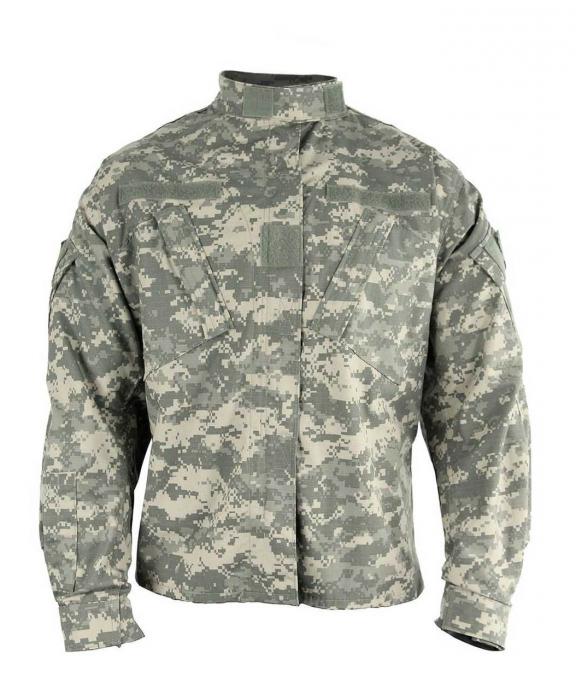
Russian counterparts
It should be noted that the defense funding is several times greater than the funds allocated by the RF Ministry of Defense. To date, American special forces equipment seems to be the most convenient and versatile, but it also costs accordingly. Nevertheless, the military personnel of the special forces of the Republic of Armenia make the purchases of the most necessary components themselves, knowing that the success of the operation, and sometimes their very life, often depends on the equipment.
Thus, the best fit for our conditions is the form of the American cut "A-C-Yu" (translated as "army combat uniform") in the "surpat" color scheme, developed by Russian designers, taking into account the color scheme corresponding to our climate. "Multicam" camouflage was created in the USA for mountain-desert conditions.
unloading
Modern full equipment of special forces is impossible without the main means of bulletproof protection - body armor. It consists of two main types of elements, armored plates and a cover containing them, a kind of “sleeveless jacket” with large pockets on the back and chest. In addition, the body armor is used to attach pouches, additional equipment and accessories. The fighter knows in which compartment he has what he has, it is convenient for him to get automatic magazines, grenades and other necessary things in battle.
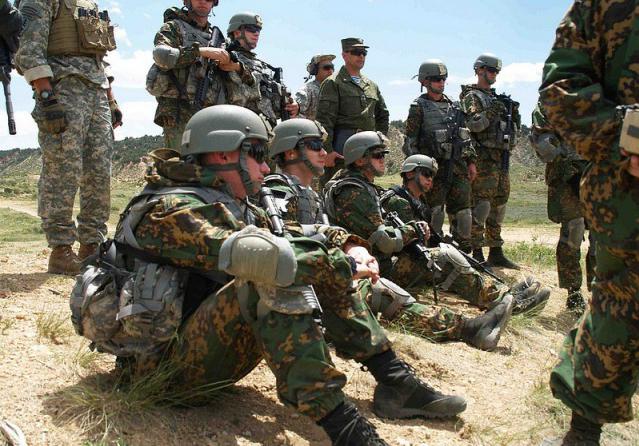
Spetsnaz "fashion"
It is difficult for an uninitiated viewer to even guess how complex the equipment of special forces is. The photo of the soldiers of the special forces units impresses with a lot of hinged pouches, built-in technical means and devices. Basically, all this is fixed on the so-called "unloading", freeing the hands and reducing the weight of the satchel, and at the same time protecting the fighter. According to the latest "fashion", it should be modular, that is, it should consist of several functional elements.
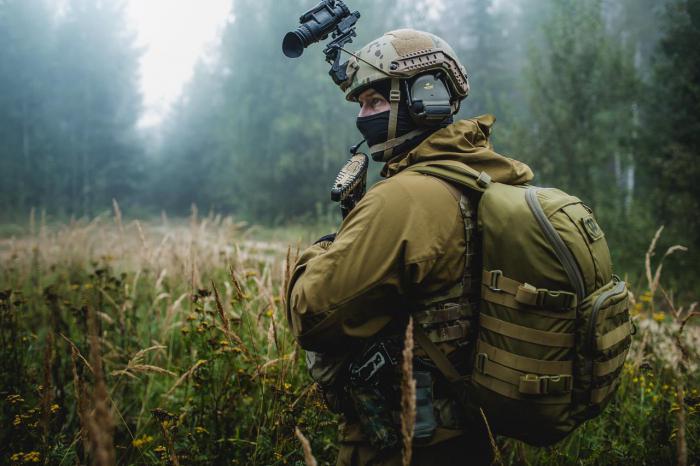
What will be the new special forces equipment? Maybe Russian inventors and designers will be able to surprise the whole world with their achievements in this area as well?
- Rules for the use of electrical protective equipment when working in electrical installations
- How to sew fleece mittens
- Protective equipment in electrical installations
- Glasses for a computer: which is better to choose
- How to wash things with thinsulate insulation
- Training in electrical safety, labor protection, ecology, electrical safety, fire-technical minimum, first aid to victims courses
- Means of protection in electrical installations up to and above 1000 Volts
- What is fleece fabric, where is it used and how to care for it
- Personal protective equipment
- What is this fabric?
- Thinsulate
- Benefits of onions for dental health
- Dream interpretation why teeth fall out in a dream
- What does it mean if you dreamed of lard - salty, fresh or with a layer
- Seven good reasons why there might be life on other planets
- The most famous mummies of the world and their mysterious stories What does a mummified body look like
- Sleep dead baby boy girl
- Posts tagged ‘multi-shot crossbow’
- The longest rivers in the world
- Compilation and solution of chemical equations




